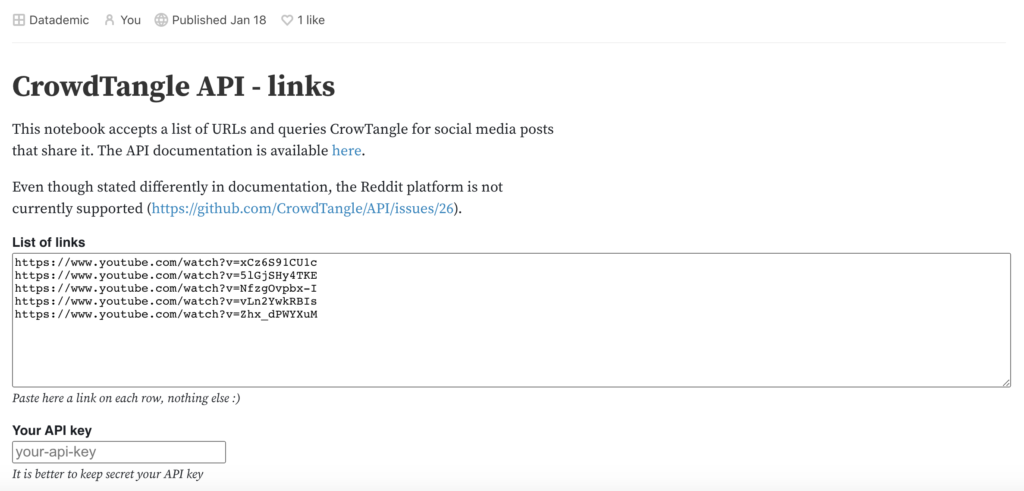In this post Jason Chao, PhD candidate at the University of Siegen, introduces Memespector-GUI, a tool for doing research with and about data from computer vision APIs.
In recent years, tech companies started to offer computer vision capabilities through Application Programming Interfaces (APIs). Big names in the cloud industry have integrated computer vision services in their artificial intelligence (AI) products. These computer vision APIs are designed for software developers to integrate into their products and services. Indeed, your images may have been processed by these APIs unbeknownst to you. The operations and outputs of computer vision APIs are not usually presented directly to end-users.
The open-source Memespector-GUI tool aims to support investigations both with and about computer vision APIs by enabling users to repurpose, incorporate, audit and/or critically examine their outputs in the context of social and cultural research.
What kinds of outputs do these computer vision APIs produce? The specifications and the affordances of these APIs vary from platform to platform. As an example here is a quick walkthrough of some of the features of Google Vision API…
Continue reading
